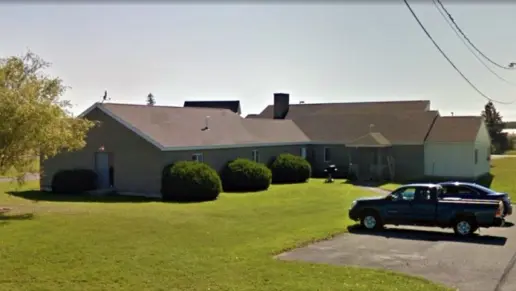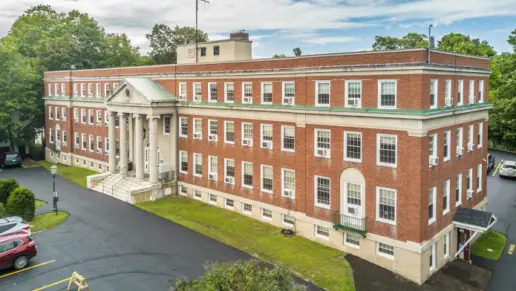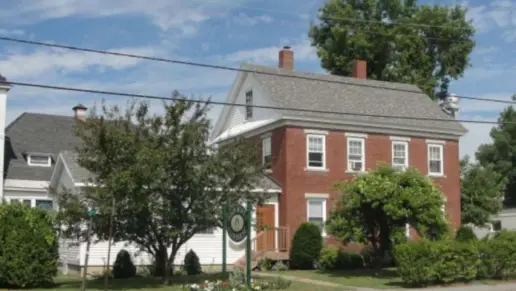About Crossroads’ Children and Mothers Program (CAMP)
If you’re a mother with young children and are struggling with addiction, the Crossroads’ Children and Mothers Program in Windham, Maine can help. This residential treatment program is for any women dealing with addiction who have children under the age of five.
Here, you’ll bring your children with you to give you peace of mind. The kids will enjoy educational and recreational activities and games during the day while you’re getting treatment. Kids as young as six weeks old are cared for in a licensed, onsite daycare center.
This program will treat your substance abuse disorder as well as help you learn how to parent. You’ll also get help with other things you might need such as medical care, case management, sober living housing and counseling. Classes on each stage of early childhood from pregnancy to preschool will be held. You’ll learn how to nurture your relationship with your kids.
Daily women’s therapy groups will help you connect with others who are in a similar situation. You’ll build relationships as you learn how to express your emotions. Groups such as healthy relationships, moms in recovery and Alcoholics Anonymous and Narcotics Anonymous are available daily.
Facility Overview
Gallery
Other Forms of Payment
Medicaid is a state based program that helps lower-income individuals and families pay for healthcare. Medicaid covers addiction treatment so those enrolled can use their coverage to pay for rehab. When a program accepts Medicaid the client often pays very little or nothing out of their own pocket.
Private insurance refers to any kind of healthcare coverage that isn't from the state or federal government. This includes individual and family plans offered by an employer or purchased from the Insurance Marketplace. Every plan will have different requirements and out of pocket costs so be sure to get the full details before you start treatment.
Self-pay involves paying for treatment out of your own pocket. You can use savings or credit, get a personal loan, or receive help from family and friends to fund your treatment. If you don't have insurance or your insurance plan doesn't cover a specific program, self-pay can help ensure you still get the care you need.
Sliding scale payments are based on a client's income and family size. The goal is to make treatment affordable to everyone. By taking these factors into account, addiction recovery care providers help ensure that your treatment does not become a financial burden to you or your family, eliminating one barrier to care.
Medicare is a federal program that provides health insurance for those 65 and older. It also serves people under 65 with chronic and disabling health challenges. To use Medicare for addiction treatment you need to find a program that accepts Medicare and is in network with your plan. Out of pocket costs and preauthorization requirements vary, so always check with your provider.
Addiction Treatments
Levels of Care
Treatments
The goal of treatment for alcoholism is abstinence. Those with poor social support, poor motivation, or psychiatric disorders tend to relapse within a few years of treatment. For these people, success is measured by longer periods of abstinence, reduced use of alcohol, better health, and improved social functioning. Recovery and Maintenance are usually based on 12 step programs and AA meetings.
Drug rehab in Maine is the process of helping someone learn how to live without the use of substances. Professional staff provide treatment to address the various issues of addiction. Methods often involve medication, counseling, and evidence-based therapies.
Dual diagnosis is also commonly referred to as having co-occurring disorders. Simply put, this means that a substance use disorder and mental health disorder are present together. A client may be struggling with drug addiction or alcoholism, but this could be in conjunction with depression, anxiety, bipolar disorder, obsessive compulsive disorder (OCD), post-traumatic stress disorder (PTSD) or another mental health condition. The presence of these co-occurring disorders can make achieving and maintaining recovery more difficult due to the interrelated nature of the conditions. Dual diagnosis treatment at Crossroads provides clients with the comprehensive care they need to manage both substance use and mental health disorders. A tailored plan is developed that addresses the physical, mental, emotional, and social impact that a dual diagnosis can have on a client’s life. Treating both conditions simultaneously allows clients to build the positive attitude, healthy habits, and effective coping mechanisms necessary for long-term recovery.
Substance rehabs focus on helping individuals recover from substance abuse, including alcohol and drug addiction (both illegal and prescription drugs). They often include the opportunity to engage in both individual as well as group therapy.
Clinical Services
They offer daily women-only therapy groups that they encourage their clients to participate in, which allow them to connect with other women going through similar experiences. This offers encouragement and reminds their clients they are not alone in their journey and have support. Together women learn how to express their feelings more effectively and build healthier relationships. Groups include Healthy Relationships, Medical Aspects of Chemical Dependency, Moms in Recovery and Living Sober. There are also daily Alcoholics Anonymous (AA) and Narcotics Anonymous (NA) meetings.
In individual therapy, a patient meets one-on-one with a trained psychologist or counselor. Therapy is a pivotal part of effective substance abuse treatment, as it often covers root causes of addiction, including challenges faced by the patient in their social, family, and work/school life.
Motivational Interviewing (MI) is a clinical approach to helping people with substance abuse issues and other conditions shift behavior in positive ways. It is more goal-oriented than traditional psychotherapy, as MI counselors directly attempt to get clients to consider making behavioral change (rather than wait for them to come to conclusions themselves). Its primary purpose is to resolve ambivalence and help clients become able to make healthy choices freely.
Amenities
-
Private Setting
Staff & Accreditations
Staff
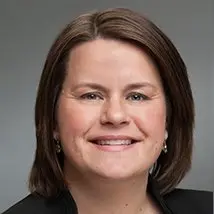
CEO
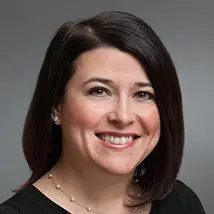
Chief Clinical Officer
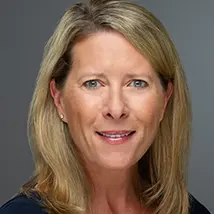
Chief Marketing & Development Officer
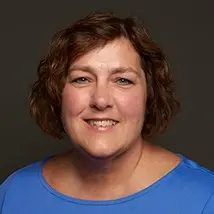
Finance Director
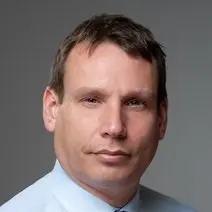
Medical Director
Accreditations

The Commission on Accreditation of Rehabilitation Facilities (CARF) is a non-profit organization that specifically accredits rehab organizations. Founded in 1966, CARF's, mission is to help service providers like rehab facilities maintain high standards of care.
CARF Accreditation: Yes

The National Association of Addiction Treatment Providers (NAATP) is a professional association that represents organizations in the field of addiction services. Founded in 1978, NAATP's mission is to advance addiction services and ensure that high-quality addiction treatment is available and accessible.
NAATP Member: Yes

LegitScript has reviewed Crossroads’ Children and Mothers Program (CAMP) as part of their certification program, and has determined that it meets the LegitScript standards for legality, safety and transparency.
LegitScript verified in
Contact Information
114 Main St
Windham, ME 04062
